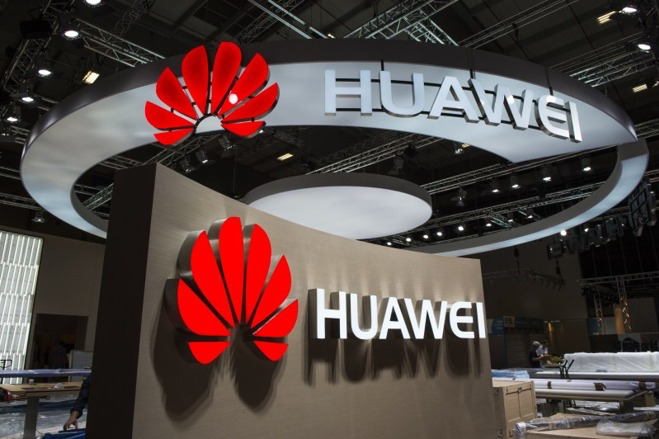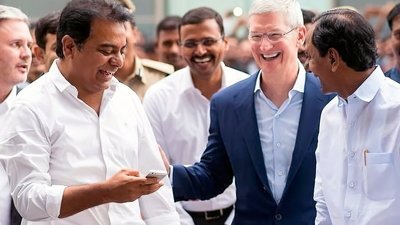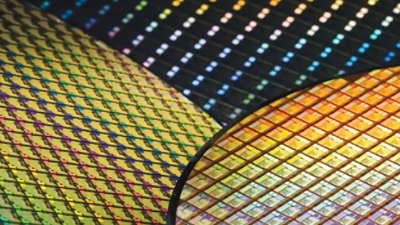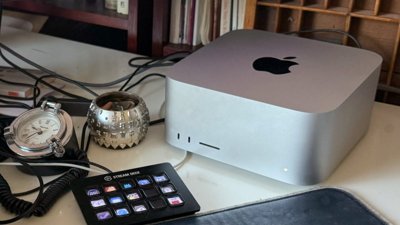In a bid to ease an expected transition away from Huawei hardware, the U.S. government on Monday loosened buying restrictions imposed on the Chinese telecommunications giant, allowing the purchase of goods needed to maintain existing infrastructure.
A new license from the Commerce Department will allow Huawei to buy American goods to maintain networks and push out updates for its smartphone lineup, reports Reuters.
The move is designed to provide U.S. telcos reliant on Huawei equipment a 90-day buffer as they seek alternatives, Secretary of Commerce Wilbur Ross said in a statement.
"In short, this license will allow operations to continue for existing Huawei mobile phone users and rural broadband networks," Ross said.
Parts purchases that go toward the manufacture of new products must first be approved through additional licenses, which are unlikely to be issued following the Trump administration's blacklisting of the company, the report said.
As the world's largest telecommunications equipment manufacturer, Huawei hardware is in use by many U.S. internet and computer systems providers. An abrupt halt to maintenance of existing infrastructure could have unintended, and likely disastrous, consequences for consumers, a scenario that played out in Europe when the U.S. leveled a trade ban on ZTE.
Trump in an executive order signed last week declared threats to U.S. communications networks, technology and services a national emergency. A contemporaneous order from the Commerce Department added Huawei to a list of 69 entities banned from buying American-made goods, citing Department of Justice charges relating to bank fraud, wire fraud and other illegal practices.
In response to the temporary license, Huawei founder Ren Zhengfei in an interview aired on China Central Television on Tuesday said such action is unnecessary as the company was already preparing for a U.S. ban.
"The U.S. government's actions at the moment underestimate our capabilities," Ren said, according to the report.
Ren went on to note that Huawei's dispute is with the U.S. government, not American companies. Further, despite Huawei's ability to produce the chips it buys from U.S. manufacturers, the firm will continue to buy American parts, the report said. Whether companies are willing to sell is another story, as Infineon, Qualcomm, Qorvo, Micron and Western Digital ceased shipments to Huawei following its blacklisting.
In addition to parts buying restrictions, Huawei has seen its Android license revoked, forcing the firm to move to an open-source version of the operating system.
 AppleInsider Staff
AppleInsider Staff







-m.jpg)






 Amber Neely
Amber Neely
 Malcolm Owen
Malcolm Owen
 William Gallagher
William Gallagher

 Christine McKee
Christine McKee







-m.jpg)



6 Comments
Hey DED, how come no comments allowed on your Huawei
Ah, just "collateral damage". Who cares about the commercial and public needs for an internet should it crash. After all, there is this REAL "National Emergency"... "An abrupt halt to maintenance of existing infrastructure could have unintended, and likely disastrous, consequences for consumers, a scenario that played out in Europe when the U.S. leveled a trade ban on ZTE. "
Thanks. That explained it well. What threw me was seeing the link to comments (albeit zero) and getting the 'discussion not found' page.